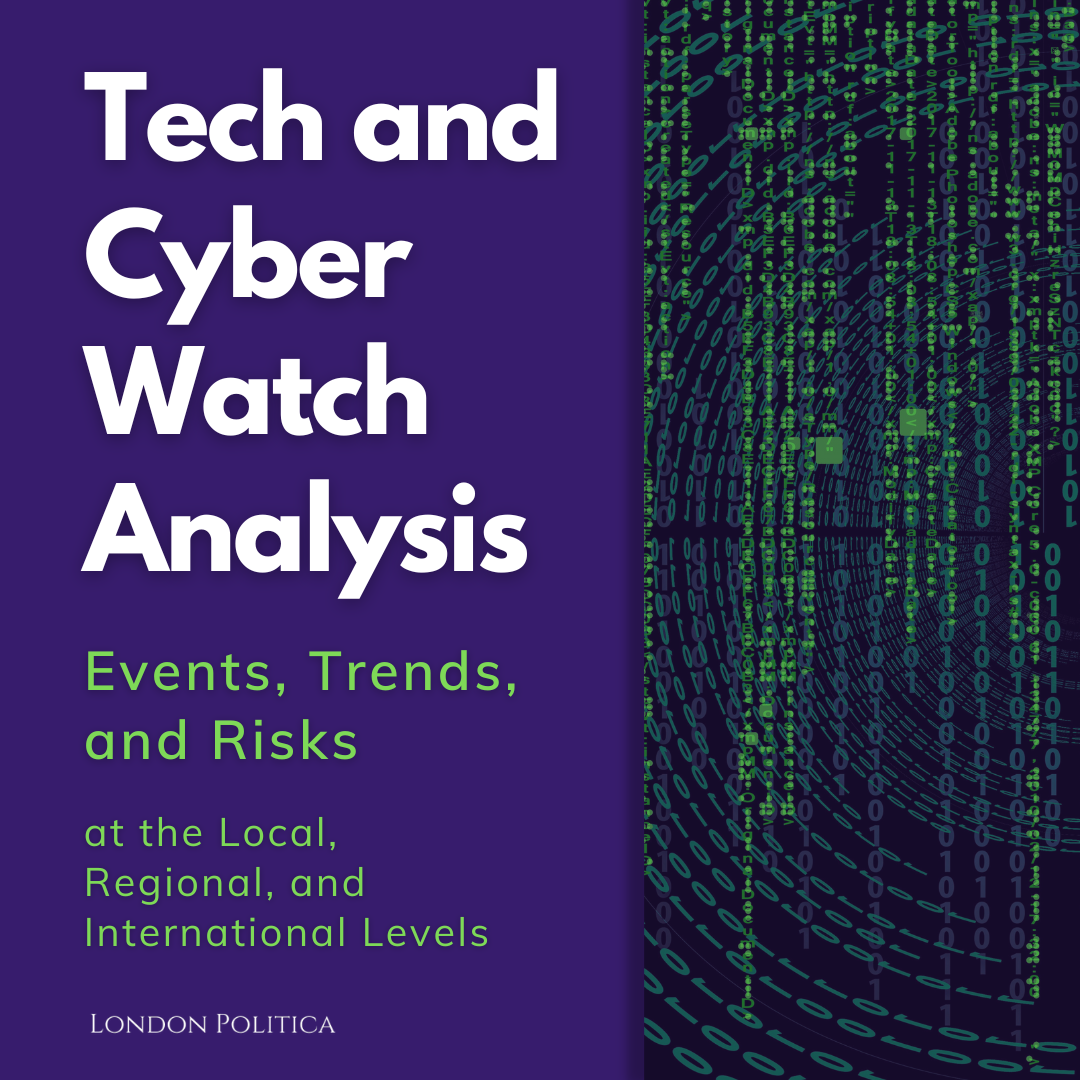Advanced Semiconductors: Ukraine-Russia effect
In London Politica’s annual overlooked risks report, I considered the semiconductor industry and its role in geopolitics. Specifically, I looked at Taiwan’s use of semiconductors in their diplomacy strategy, keeping China at bay through strengthening ties with the US. At the time of the report, the war in Ukraine was yet to materialise. This article will consider how the war has changed the course of geopolitics and the semiconductor industry.
The advanced semiconductor manufacturing process makes use of two key resources that are central to Russia and Ukraine, neon and palladium. 70% of neon is produced by Ukraine, as a byproduct of older steel plants that are largely phased out elsewhere. Neon is utilised during laser operation when engraving chips. Two of the biggest neon producers are based in Odessa and Mariupol, and shut their operation at the start of the conflict. To highlight the significance of neon production in Ukraine, the invasion of Crimea in 2014 saw a price increase by 600%. The ongoing conflict has meant that supply chain disruptions have become commonplace, resulting in similar price spikes.
Palladium is another key resource affected by the conflict. Russia produces 40% of the world’s palladium, and it is critical for component production. The significance of palladium is evident from the European Union’s (EU) stockpiling efforts. March 2022 saw the European Union buy 164,000 ounces of palladium from Russia. This is up from March 2021, when they bought 90,000 ounces. A prolonged war effort could see this stockpile deplete, and a semiconductor shortage could materialise.
Furthermore, Taiwan's adoption of international sanctions has brought an end to business with Russia. This means that Russia cannot access TSMC’s high end chips, whilst the sale of key resources by Russia has also faced disruption. However, Russia has circumvented this disruption through pushing resources for sale into their Eastern hub. There have also been suggestions that Russia may start requesting payment for these key resources in Rubles in a bid to boost the Russian economy and bypass sanctions. Russia would also be able to access chips from China’s main manufacturer, Semiconductor Manufacturing International Corporation. These chips (7nm) lag behind TSMC and Samsung’s 3nm chips, however 7nm chips are important as they are used in a wide range of industries.
The semiconductor industry has been negatively impacted by the interconnected nature of their supply chain. Whilst there have been announcements of localisation, with investments from US, China, Japan, Singapore, Israel, Europe, and India; the high barrier of entry and intensive R&D would mean that new competitors would lag behind for years to come. Additionally, the importance of advanced semiconductors in defence contracts will likely create blue and red chip states depending on their alliances. This has started playing out with Taiwan’s investment in a US based manufacturing plant, placing it firmly in the US’ sphere of influence.
Sustainable Rethink: The Role of Data
The need to deal with issues related to climate change has caused a scramble to rethink the way humans live. A product of this rethink, are Neom’s line concept and Oceanix’s floating city.
Neom wants to revolutionise the way humans live, and data will play a big part. The head of technology, Joseph Bradley, said that they want “to collect 90% of the data from residents and smart infrastructure.” A system called Neos would collect this data, and this would ultimately create a more intuitive environment. For example, your fingerprint would be able to unlock doors at hotels, without the need to check in at a desk. Many are likely to embrace the efficiency with open-arms, however some are likely to express serious concerns about the use of data, and data protection.
In the not so distant past, you had the Facebook scandal, Cambridge Analytica Scandal, Yahoo data breach, Google data breach. The list is endless. The common theme in all of these instances was the misuse or mishandling of user data which historically has not gone down well. Data plays a central role in improving how we live, with 1% of data being utilised in other smart city projects. Whilst Neom states that there will be an opt out option for its residents, it remains to be seen how data protection regulation and transparency in the space will unfold. Watch this space!


